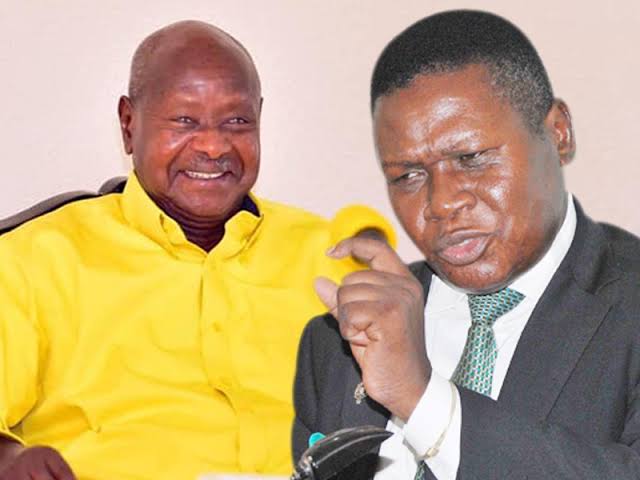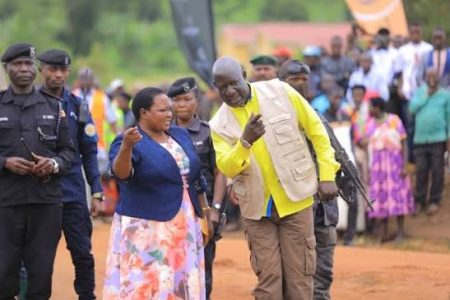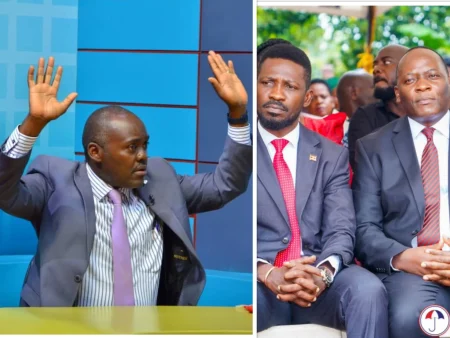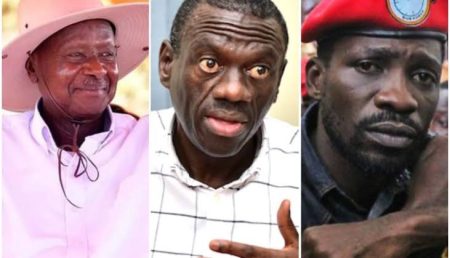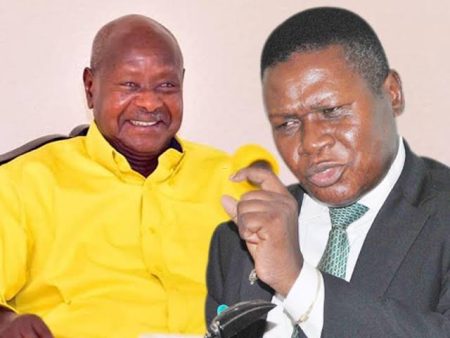President Yoweri Kaguta Museveni, widely known as Tibuhaburwa and Ssabalwanyi, has officially handed over the leadership of the Inter-Party Organization for Dialogue (IPOD) to Democratic Party (DP) President General Norbert Mao. The ceremony took place at Kololo in Kampala, drawing leaders from across Uganda’s political spectrum.
Museveni, who has led Uganda since 1986 and is currently seeking a seventh term under the theme “Protecting the Gains”, has chaired IPOD for the past five years. The forum unites all political parties with parliamentary representation, serving as a platform for dialogue and cooperation.
Speaking at the summit, Museveni likened politics to medicine:
> “A political leader should be like a doctor. If he makes a wrong diagnosis and a wrong prescription, the patients will not get cured. They may even die. When you have the right understanding and act right, the country will be peaceful. But if you are wrong and violent, that is how you get chaos.”
Expressing gratitude for the trust IPOD placed in the National Resistance Movement (NRM) during his tenure, Museveni said:
> “I want to thank the IPOD for having trusted us NRM for the last five years with the leadership. I now peacefully hand over to Mao.”
The summit, held under the theme “Together for a Peaceful and Sustainable Uganda”, was attended by leaders including Eng. Patrick Oboi Amuriat and Nathan Nandala Mafabi of FDC, Jimmy Akena of UPC, and Asuman Basalirwa of JEEMA. IPOD Executive Secretary Dr. Lawrence Sserwambala described the gathering as a demonstration of Uganda’s shared commitment to dialogue and peaceful coexistence.
Norbert Mao, who had previously submitted presidential nomination forms but later withdrew, pledged his support for Museveni. He promised to convene a DP executive meeting to discuss aligning the party behind the incumbent. “As a party, we will discuss that, but if you ask me as Norbert Mao, I would back President Museveni,” Mao said.
Analysts view the handover as a symbolic gesture of inclusivity in Uganda’s political process. By ceding IPOD leadership, Museveni signaled openness to sharing responsibility and amplifying other political voices, even as he campaigns for another presidential term.
Observers suggest that this move strengthens IPOD’s credibility as a dialogue platform and elevates Mao’s profile as a central figure in national politics. The peaceful leadership transition was widely interpreted as an example of how dialogue, rather than confrontation, can shape Uganda’s political future.
As Uganda approaches another election season, the Kololo handover stands out as a rare moment of unity—one that underscores the potential of political dialogue to build a more inclusive and sustainable democratic culture.




